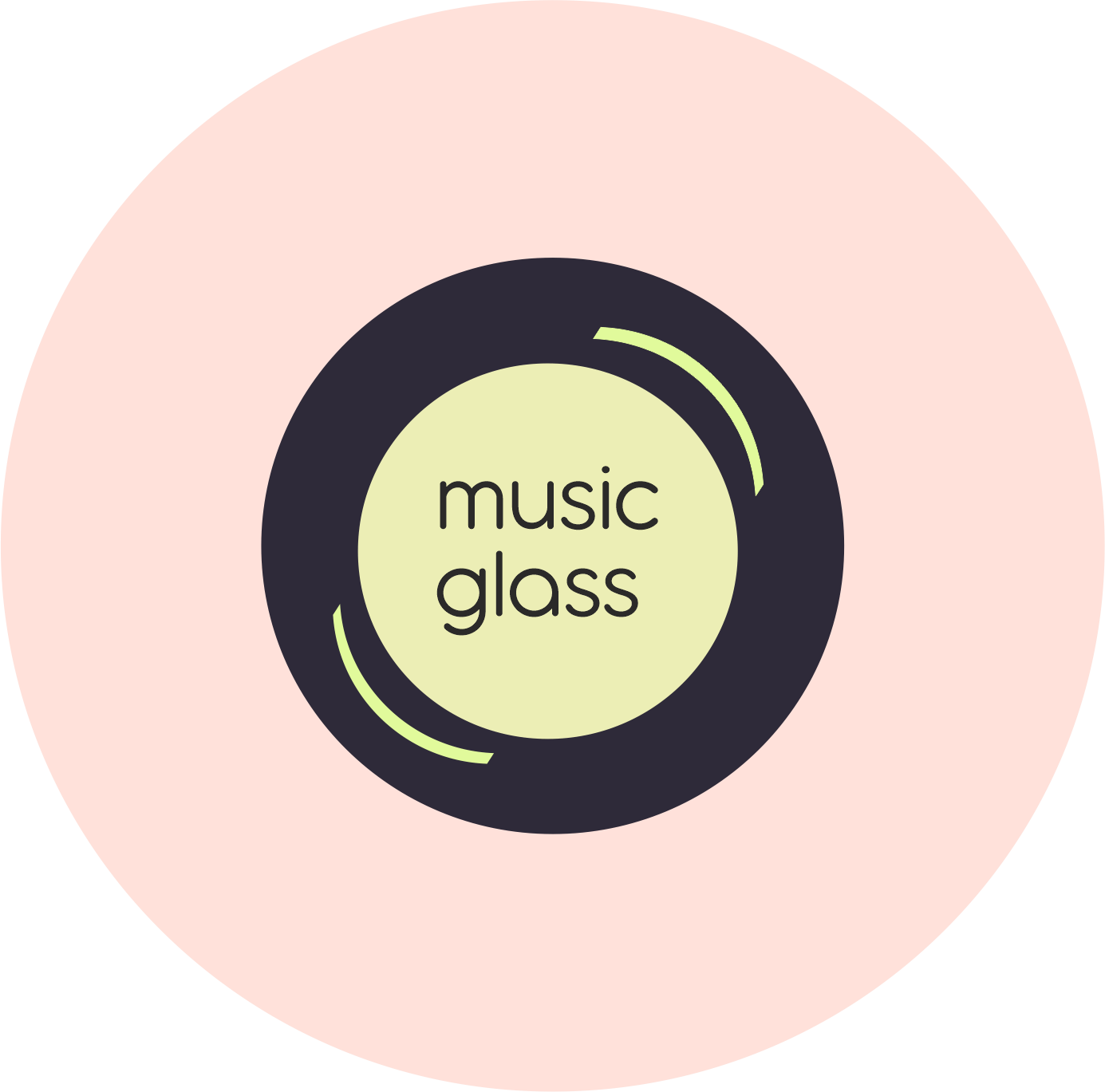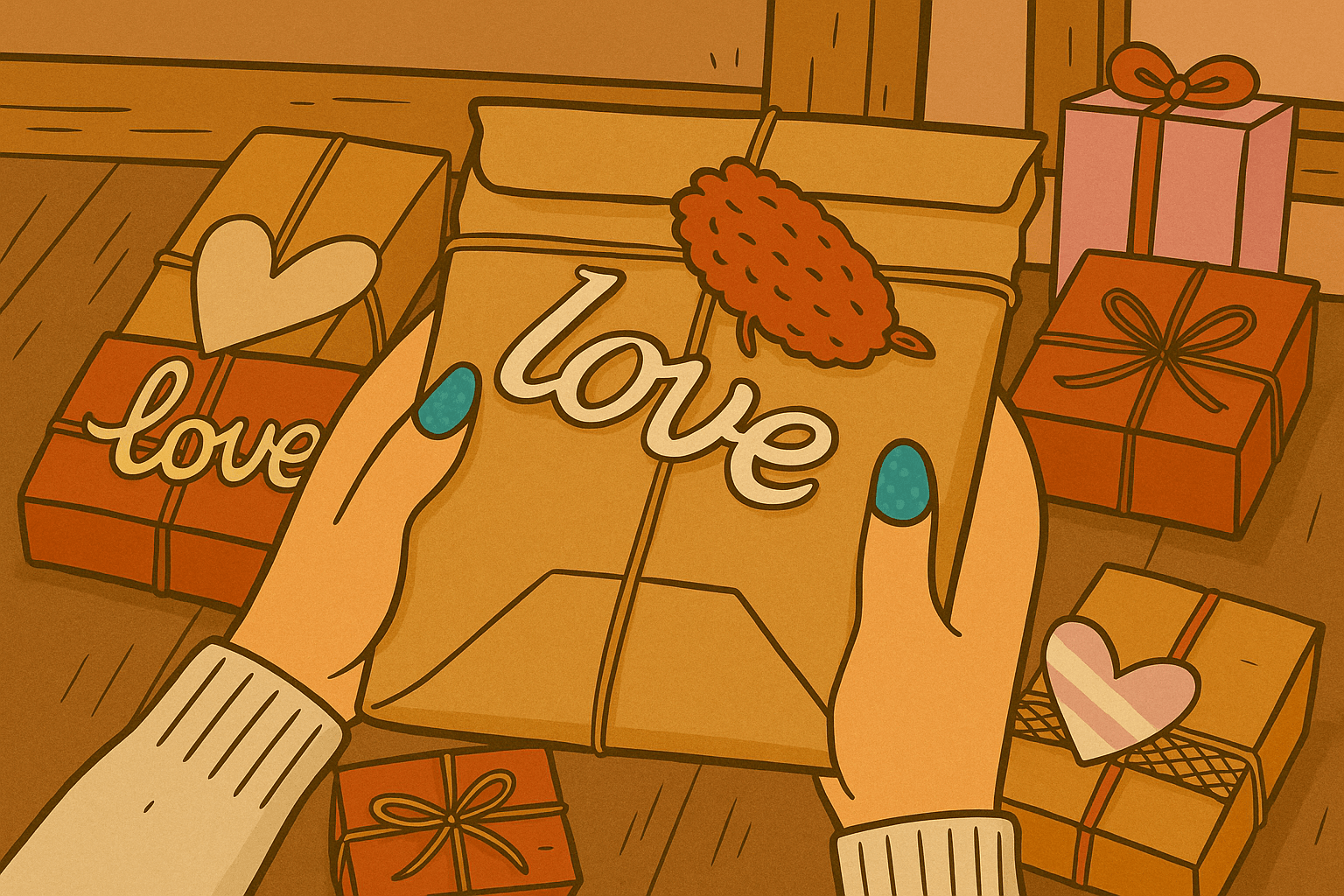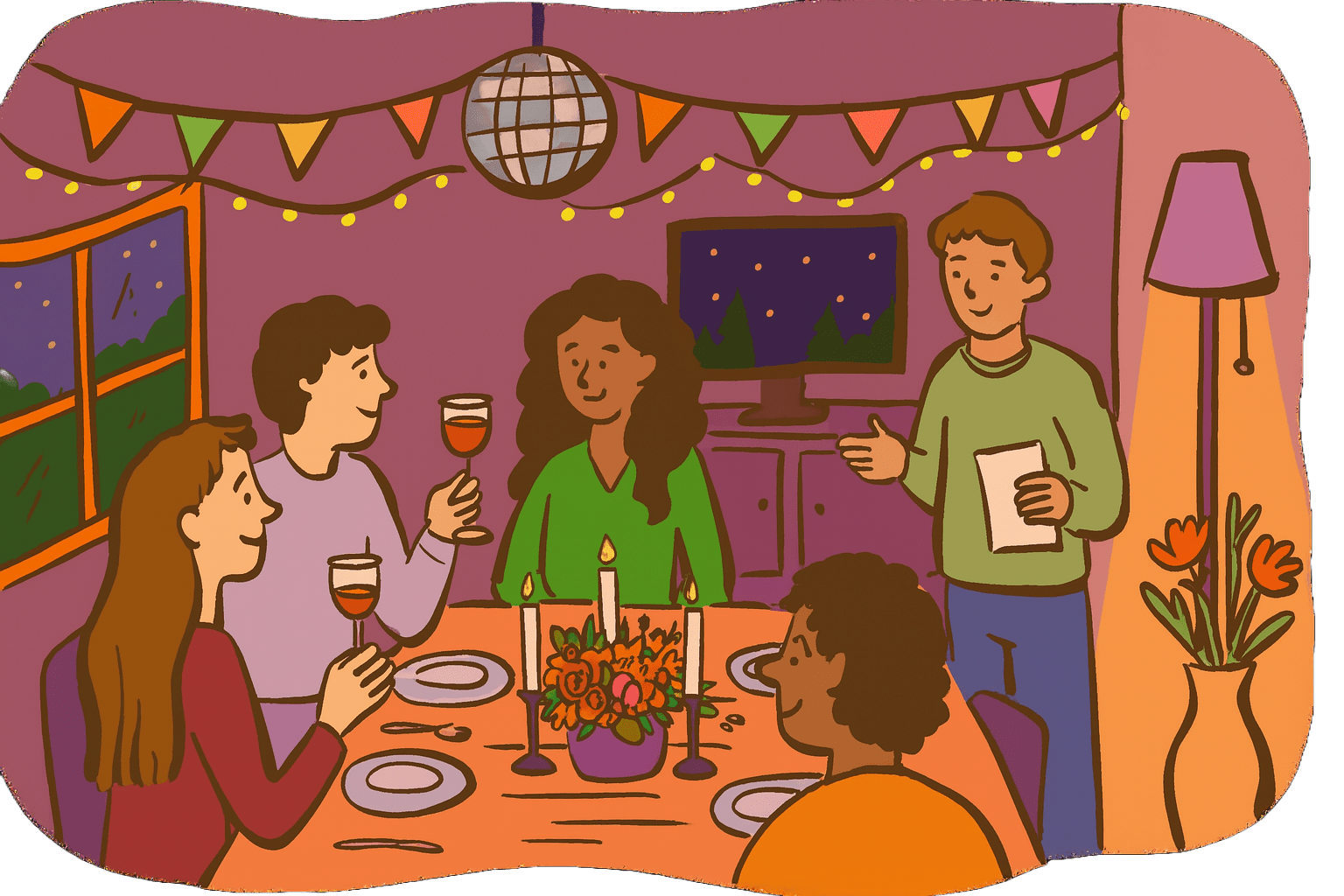There is a moment when we reach out and give a gift. The smile on the other side, the sparkle in the eyes of the person we love — and suddenly the world seems to stop for a moment. We are happy not because we receive, but because we give . But why is that? What is it in the human psyche that turns gifts into a source of joy and connection?
Donation as an ancient ritual
Since ancient times, gifts have been a symbol of respect, affection, and union. In some cultures, exchanging gifts was a way to build trust between tribes, and in others, it was an act of respect for gods and ancestors. This ritual has remained in our genes. Giving is part of our social fabric—it says, “You are important to me.”
The neurochemistry of happiness
Modern psychology and neuroscience prove that when we give a gift, the brain releases dopamine and oxytocin — the hormones of joy and connection. It's not just an emotion, but a literal biochemical reaction. The feeling of satisfaction comes from the realization that we have brought happiness to another person.
The gift as a language of love
According to the theory of the “five love languages,” gifts are one of the most powerful ways to express affection. But it’s not about the value, it’s about the meaning. A small engraved bracelet or an AR musical glass that comes to life with a photo and a song can say more than the most expensive item. Because it’s not the price, but the attention and thought that conveys love.
Why gift-giving makes us more connected
When we give, we create a memory. That memory is two-way—joy for the recipient and satisfaction for the giver. In the moment of exchange, the bond becomes stronger. That’s why, in many ways, small gestures —a note saying “I love you,” a flower for no reason, or a souvenir from a special place—have such great power.
Personalized gifts: the new dimension
In the age of technology, personalized gifts have become a symbol of individuality. When we give an object that carries a piece of a person's story — a photo, a date, a voice message, a video — we say, "I know you, I value you, I want to preserve this moment."
An example of this is AR Music Glass, a modern art that turns a photo into a video with sound. It is a gift that is not just seen, but experienced.
Giving as a path to one's own happiness
Interestingly, the psychology of gift-giving also shows something else: when we give, we invest in our own happiness . People who regularly make gestures to their loved ones feel more connected, more fulfilled, and even live longer. Giving is a form of caring and meaning.
Conclusion
Giving is not just an act of generosity. It is a language that needs no translation. It is a way of saying “you are important” , “I remember” , “I love you” . Psychology proves what our hearts have always known: the joy of gifts is twofold – happiness for the one who receives and even greater happiness for the one who gives.
And when you're looking for a gift in 2025, don't think about the value. Think about the emotion. Because the real gift is not the object, but the feeling that remains .




Leave a comment
This site is protected by hCaptcha and the hCaptcha Privacy Policy and Terms of Service apply.